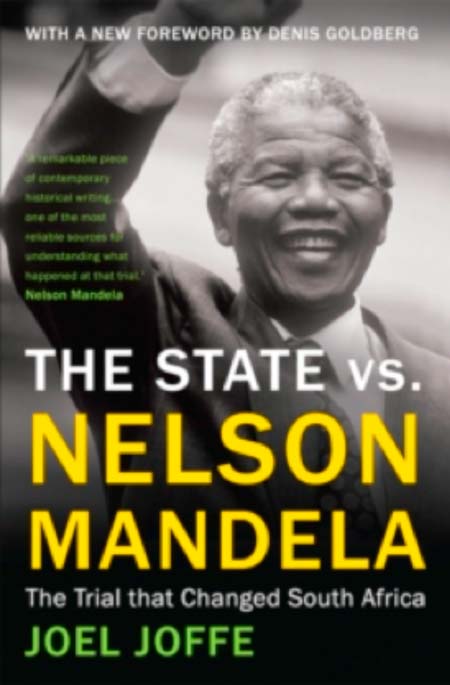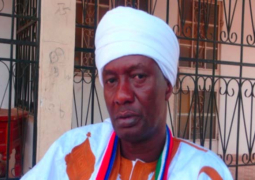
A
firsthand account of the Rivonia Trials of 1964
Reviewed
by Hassoum Ceesay
If
this book is about the trial ‘that changed South Africa’, it is also rightly
about the one man who changed South Africa, Mr Nelson Mandela (1918-2013), aka
Madiba, the great liberator of his people. The 1964 Rivonia Trials were the
most infamous in world history, maybe equal in infamy only to the Nuremberg
Trials of Nazi war criminals after the end of the Second World War. The
difference lies in the fact that the defendants at Nuremberg were racist
scumbags; the defendants at Rivonia, a small court town in South Africa, were
African anti-apartheid freedom fighters. The Rivonia trial lasted a few months
and Mandela, Walter Sisulu, Govan Mbeki and the rest were sentenced to life
imprisonment. Mandela served 27 years until his release in 1990. The author of
this book, Joel Joffe, with Bram Fischer defended Mandela and his co-accused.
Now Joffe has written this firsthand account of the trial. And it is a powerful
and revealing testimony.
Mainly
because he answers one of the lingering historical questions about the fate of
Mandela and his co-accused freedom fighters: why did not the judge and
prosecutor Dr Yutar give the death penalty to Mandela. In pages xiii the author
explains that although the Apartheid press had managed to whip up anti-ANC
feelings to such an extent that during the trial many White racists were
gunning for the verdict to be ‘death’ by hanging, as the trial progressed the
feelings cooled off. Significantly, according to the author, the British and US
intelligence services feared a mass uprising such that they put pressure on the
apartheid government not to give the death penalty.
The
author adds that despite their wonderful performance defending themselves
against the charges of Sabotage, Mandela and his co-accused such as Raymond
Mhlaba, Bernstein, Ahmed kathrada, were prepared to be hanged. Now if the death
penalty were passed and carried out against the ANC freedom fighters, the
history of South Africa would have been quite different. This is why indeed
this Trial changed South Africa.
In
pages 25-27, the author gives us a poignant snapshot of the characters of the
entire Rivonia trialist: ‘Rusty Bernstein the articulator’; ‘Dennis Goldberg
The most talkative’; Walter Sisulu ‘pale face, calm and soft-spoken’. He as
their lawyer was one of the few people who was allowed to meet the accused in
close proximity and was therefore in a very good position to describe their
comportment in the face of death.
A
bonus in this readable book is the appendix which reproduces the full
indictment against Mandela and his co-accused. Mandela was accused no.1. It is
clear from the indictment that Mandela and his comrades were charged with
Sabotage, which means under apartheid they were planning to disrupt the
apartheid state.
Joel
Joffe highlights the revenge mood of the apartheid state: for example, the
Mandela defence team was routed, Joffe himself was forced to flee to UK; Abrahm
Fischer, the defence team head was himself arrested and jailed and he died on
Robben island prison in 1975, (p. 270). Such was the ugly vengeance of the
apartheid state.
This
is a very informative book, highly recommended for readers interested in
Mandela studies and the history of apartheid.
Available
at Timbooktoo tel 4494345



